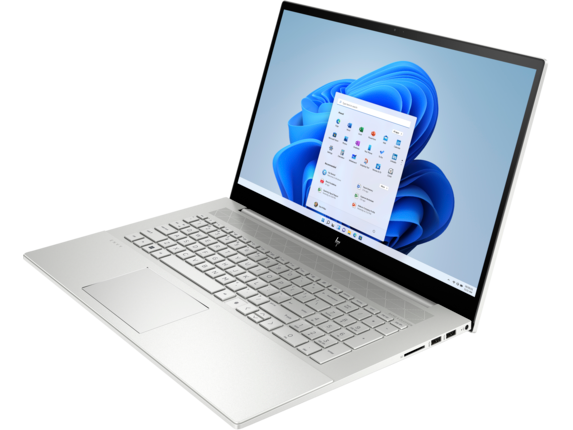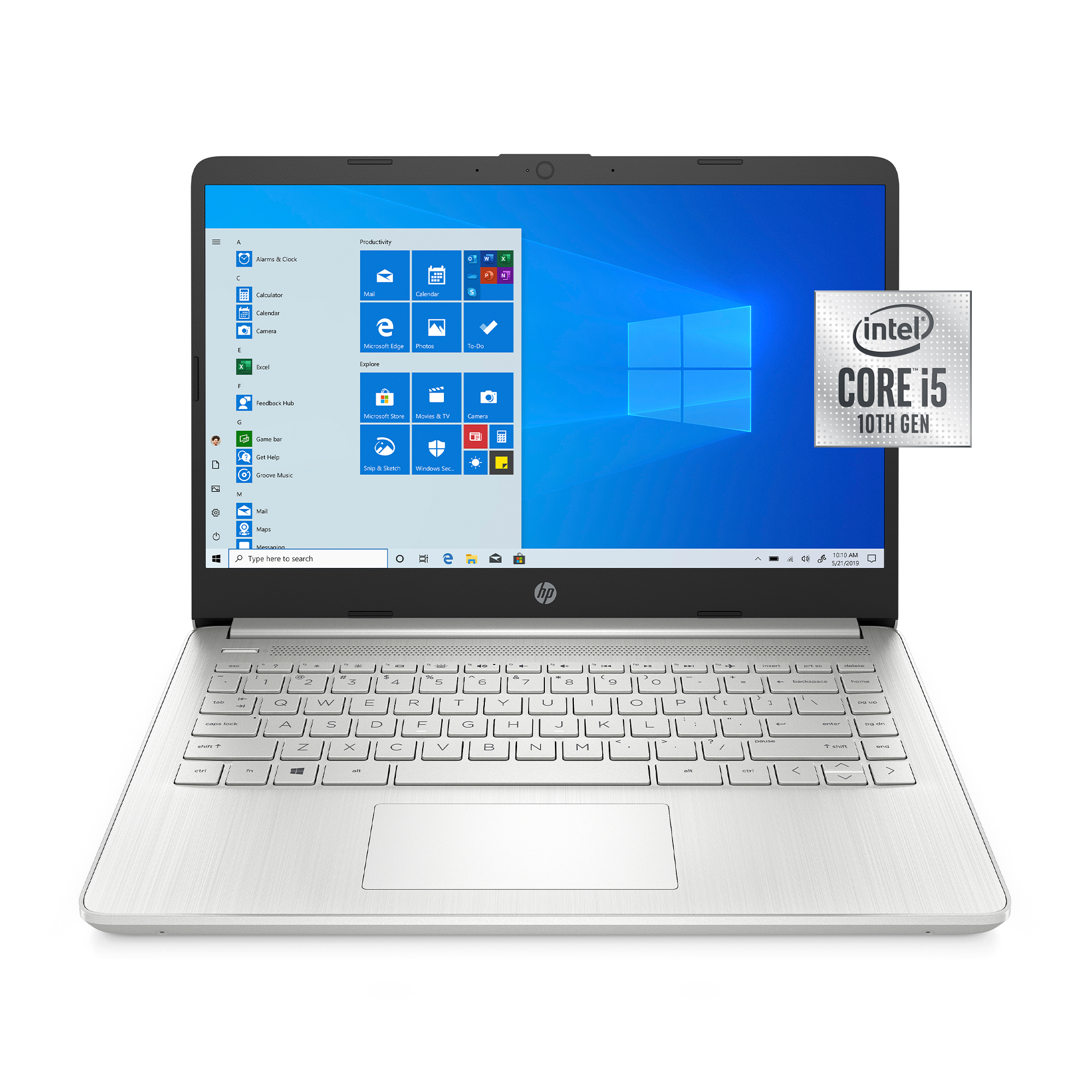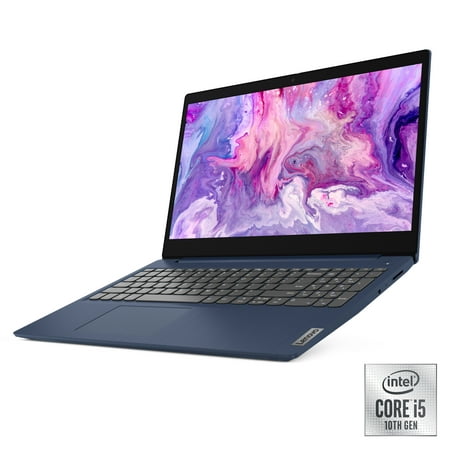HP ENVY Laptop – 17t-cg100|Intel Core i7 11th Gen|32 GB DDR4|17.3″ Display|Windows 10 Pro 64|2Y0U0AV_1
Windows 10 Pro 64. 11th Gen Intel® Core™ i7 processor. NVIDIA® GeForce® MX450 (2 GB). 16 GB memory; 512 GB SSD storage; Intel® Optane™ memory 32 GB. 17.3″ diagonal FHD display.
As big as your imagination. The immersive 17″ display allows you to easily create true-to-life visuals with stunning, accurate colors. Customizable performance puts the controls in your hands, and peace of mind features ensure your creations are safe-guarded until you’re ready to share them.
The power to bring your creations to life
The powerful combination of an Intel® Core™ processor, ample memory and storage make your creative vision seamlessly come to life faster than ever before.
Thoughtfully designed
Sometimes bigger is better. Watch your creations come to life in accurate, vibrant color on this massive high definition, micro-edge display.
Privacy for your peace of mind
Keep it confidential with an unhackable camera shutter and dedicated microphone mute button.
Additional information
| Dimensions (W X D X H) | 15.71 x 10.2 x 0.76 in |
|---|---|
| Weight | Starting at 6.02 lb |
| Warranty | 1 year limited hardware warranty (information at http://www.hp.com/support); 90 day phone support (from date of purchase); complimentary chat support within warranty period (at http://www.hp.com/go/contacthp) |
| Software included | McAfee LiveSafe™ 30-day trial offer (Internet access required. First 30 days included. Subscription required for live updates afterwards.) |






by Andrew
I am a creator. This is the perfect Laptop for me! I love it! I also teach piano & this is great for my Zoom lessons. I’m so happy with th his purchase. Thanks HP!
by Jim
With 32Gb ram, ITB SSD, 4K graphics and premium sound etc., This unit will handle anything I throw at it with ease. This is my third HP ENVY 17″ computer and I have never had one problem with any of them (4th, 8th and 11th generation core i7 CPUs). I can say the same exact thing about 3 pavilion computers also, (1st and 2nd Generation Core i7). Very Dependable brand with excellent performance.
by Slade
I ordered this laptop back in Nov… had it for over a month now and it is absolutely what the doctor ordered. My old laptop was ancient and just so slow in regard to processor speed. I would highly recommend this laptop. If I could find one complaint it would be the fingerprint sign in feature. It doesn’t always do a good job of recognizing the fingerprint. I have had to redo it several different times with multiple fingers. This seems like such a petty thing to even mention though considering the efficiency and speed at which this laptop performs. Buy it… you won’t regret it!
by Ray
I’ve been using a HP Envy laptop for more than 5 years without any problems. Because of this, I decided to buy the latest Envy model for my wife as a gift, and to replace her old HP all-in-one desktop. The laptop was easy to setup, and provides an amazing improvement over what she was using.
by Chark
I love my new HP ENVY laptop! One of my favorite features is the back lit keyboard. It was easy to set up and get started! I use mine for digital scrapbooking!
by Bovilla
Makes working with my laptop a lot more enjoyable.
by Theo
HP is my go-to brand for laptops. I’ve tried others and have always gone back. In my experience, HP is the best for a great business or gaming laptop.
by Grumps
Turn on start up and its all their bright screen sweet keyboard.